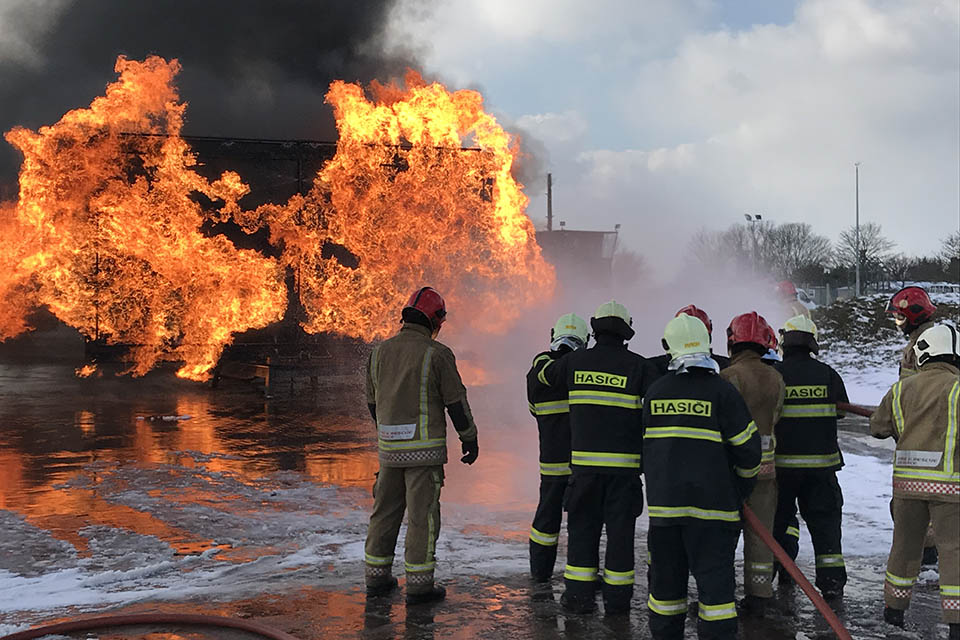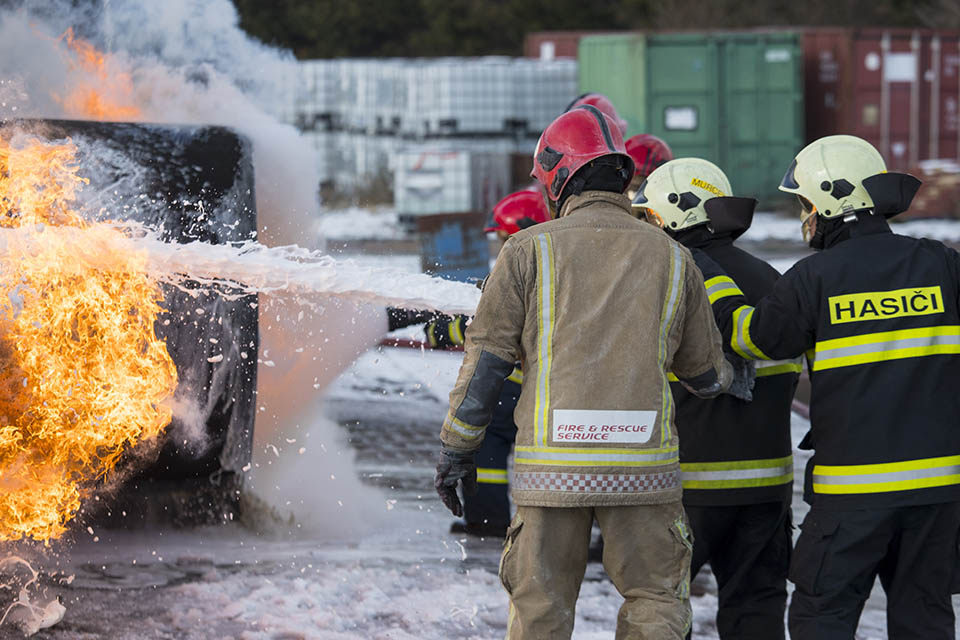Chemicals are present in every aspect of our lives, at work but also in consumer goods such as clothes, toys, furniture and electrical appliances. They are essential to our daily lives but certain substances may pose risks to human health and the environment. The REACH review published today shows that thanks to the Regulation on Registration, Evaluation, Authorisation and Restriction of Chemicals (REACH) EU companies and authorities are ensuring the safe use of chemicals and the phase-out of dangerous substances.
Internal Market and Industry Commissioner Elżbieta Bieńkowska said: “REACH is the most advanced and comprehensive chemical legislation in the world, and many other jurisdictions have followed the EU’s lead in regulating chemicals. EU industry now makes chemicals safer for citizens and the environment. We need to build on this success and ensure that EU manufacturers do not face competitive disadvantages compared to non-EU manufacturers, notably by making sure that imported goods comply with EU rules on chemicals.”
Environment Commissioner Karmenu Vella said: “A majority of Europeans are worried about being exposed to hazardous chemicals. Through REACH, the EU is successfully addressing their concerns, generating knowledge about chemicals and banning harmful ones on the EU market. REACH is already inspiring chemical legislation in other countries and further improvements will allow us to protect our citizens’ health and the environment even better.”
REACH keeps delivering concrete results to Europeans with:
- Safer products for consumers, workers and the environment. Under REACH, the EU has made progress in restricting or banning the use of certain chemicals that may be harmful to human health or the environment and driving their replacement by safer alternatives. Some examples are:
o Banning harmful chemicals: 18 restrictions have been issued issued for different groups of substances such as chromium, nickel and lead in consumer products; bisphenol A, an endocrine disruptor, in cash register receipts and also nonylphenol compounds, toxic to the aquatic environment, in textile articles.
o Replacing the most dangerous substances (“substances of very high concern”) with safer alternatives: So far, 181 chemicals that can have serious effects on human health and the environment have been identified as such and 43 are included in the “REACH authorisation list”, which means that companies need to get an authorisation to use them and that they are being gradually phased out as suitable alternatives become available.
- Non-animal testing: REACH promotes alternative, non-animal methods for the hazard assessment of chemicals, reducing the need for tests on animals. The Commission provided around €40 million per year to support research on alternative methods between 2012 and 2016.
- A comprehensive data set for chemical safety on the EU Single Market: So far, the REACH registration procedure has gathered information on more than 17,000 substances in 65,000 registration dossiers of the main chemicals manufactured and used in the EU. This has improved communication and transparency in the supply chain, allowing Europe to better address risks linked to chemicalsand further harmonise the internal market for chemicals.
For better protecting of consumers, workers and the environment, the European Commission proposes today a number of concrete actions to improve the implementation of REACH. These measures are put forward to improve the quality of registration dossiers submitted by the companies, to simplify the overall authorisation process and to ensure a level playing field between the EU and non-EU companies. The Commission wants to further support SMEs in their compliance and enhance enforcement by national authorities.
The Commission also wishes to improve the coherence of REACH with worker protection and waste legislation. More details here.
Next steps
The Commission will discuss the outcomes and follow-up actions of the second REACH review with the European Parliament, Member States and stakeholders at a public conference, planned for June 2018.
Background
REACH is the European Regulation on Registration, Evaluation, Authorisation and Restriction of Chemicals. It entered into force in 2007, replacing the former legislative framework for chemicals in the EU that was put in place in the late 1960s and 1970s. In principle, REACH applies to nearly all chemical substances.
In line with the “polluter pays principle”, REACH shifted the burden of proof to industry, making it responsible for the safety of chemicals along the supply chain. Companies must identify and manage chemical risks, demonstrating how substances can be safely used. It requires new forms of cooperation among companies, enhancing communication along the supply chain, as well as developing tools to guide and assist companies and public authorities in its implementation.
The first registration deadline was in 2010, with registrations starting in 2009. Pre-registrations (requisite to be able to register existing substances by the staggered deadlines) took place in 2008. 31 May 2018 will be the final deadline for companies to register all chemicals manufactured, imported or placed on the EU market above one tonne per year. This report is the second REACH review.
Since its set up in 2007, the European Chemicals Agency (ECHA) has a key role in the implementation of all the REACH processes. ECHA hosts the world’s largest database on chemicals and enables easy online access to chemical safety data. ECHA also implements other EU legislation related to chemicals and is expected to become a reference for the sustainable management of chemicals.
For More Information
MEMO
Commission Communication: General Report on the operation of REACH and review of certain elements – Conclusions and Actions
Commission Staff working document

